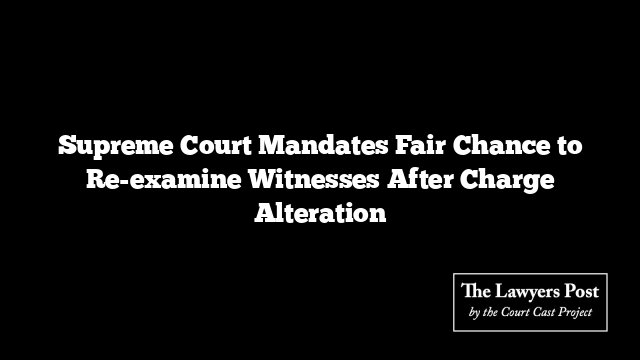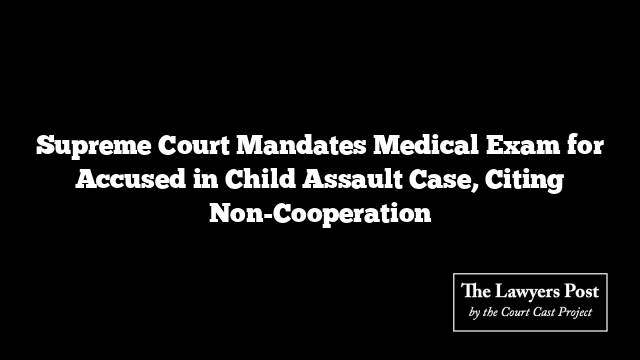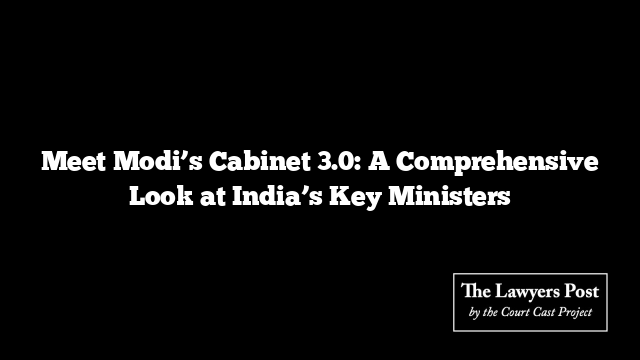The Supreme Court has underscored the necessity of providing both the prosecution and the defense an opportunity to recall or re-examine witnesses when charges are altered. This ruling, rooted in Section 217 of the Cr.P.C., emphasizes that reasons for such alterations must be meticulously recorded in the judgment.
“A Court may alter or add to any charge before judgment is pronounced but when charges are altered, opportunity must be given under Section 217 of the Cr.P.C., both to the Prosecution and the defence, to recall or re-examine witnesses in reference to such altered charges. More importantly, in case, charges are altered by the Court, reasons for the same must be recorded in the judgment,” stated the bench of Justices Hrishikesh Roy and Satish Chandra Sharma.
In a recent case, the Supreme Court overturned the conviction of an accused, pointing out significant legal deficiencies. The charges, initially framed under Section 302 read with Section 149 of the IPC, were later altered to Section 302 read with Section 34. Crucially, the altered charges were neither read out to the accused nor explained, and the reasons for this change were not documented in the judgment.
Referencing the case of Rohtas v. State of Haryana, the Court highlighted that the prosecution must establish the existence of a ‘common intention’ with relevant evidence when charges are altered from ‘common object’ to ‘common intention.’ The two legal concepts are distinct and cannot be used interchangeably without thorough evidence.
“The Court also has the responsibility to analyze and assess the evidence before convicting a person with the aid of Section 34 of the IPC. Importantly, a mere common intention per se may not attract Section 34 IPC without action in furtherance of such common intention,” the Court remarked.
The prosecution’s failure to establish the common intention of the appellants in the crime led to the reversal of their conviction. The Supreme Court, giving the benefit of the doubt to the accused, acquitted them due to the prosecution’s inability to connect them to the crime with adequate evidence.
This ruling reiterates the judiciary’s commitment to ensuring fair trial procedures and upholding the rights of both parties in the criminal justice process.





